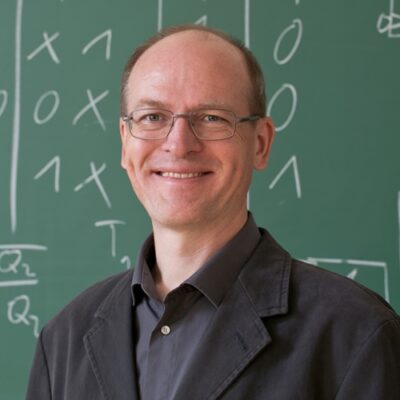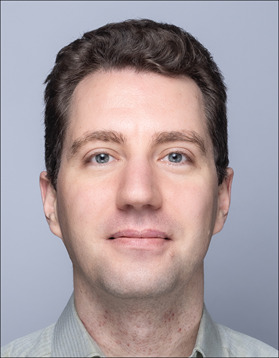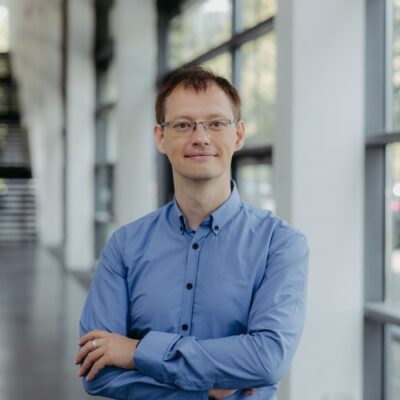AI Professorships
A central goal of the German government’s national Strategy for Artificial Intelligence is to establish 100 new ArtificiaI Intelligence professorships. At Leipzig University and TUD Dresden University of Technology, ScaDS.AI Dresden/Leipzig will establish up to 12 AI professorships and additionally two Alexander von Humboldt professorships in order to increase research excellence. With that, we actively support strengthening the applied AI research and education in Saxony and Germany.
AI Professorships at ScaDS.AI Dresden/Leipzig
TUD Dresden University of Technology
Chair of Scalable Software Architectures for Data Analytics
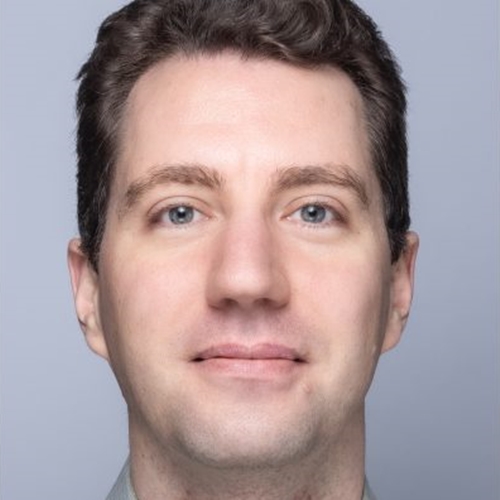
Prof. Dr.-Ing. Michael Färber has been a full professor for Scalable Software Architectures for Data Analytics at ScaDS.AI Dresden/Leipzig since April 2024.
Previously, he led the Web Science research group at Karlsruhe Institute of Technology (KIT) from October 2020 to March 2024. His research interests focus on knowledge representation, machine learning, and natural language processing. Among other topics, he aims to tackle the challenge of the rising flood of information in science by extracting information from scientific papers and developing advanced search and recommender systems.
Chair of Knowledge-Aware Artificial Intelligence

Since June 2024, Prof. Dr. Simon Razniewski is holder of the chair of Knowledge-Aware Artificial Intelligence.
“With the recent fanfare around language models like GPT-4, I am really excited to join TUD and ScaDS.AI as professor for knowledge-based AI, and to research, teach, and collaborate on projects around the potentials and challenges of such technology. With its wider relevance for society, I am especially curious to learn about and support research and applications beyond the core computer science field.” – Prof. Dr. Simon Razniewski
Chair of Machine Learning for Spatial Understanding
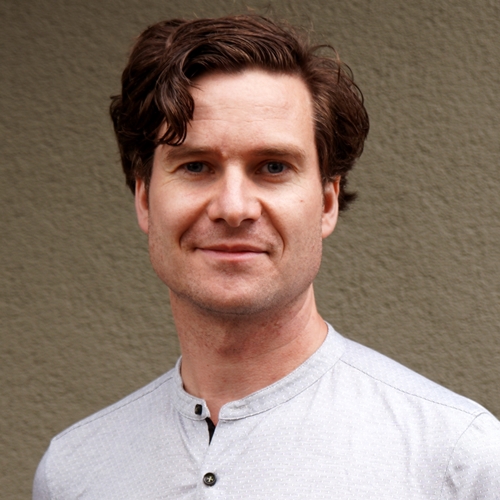
The chair of Machine Learning for Spatial Understanding is held by Prof. Dr. Martin Weigert since June 2024.
“With my work, I would particularly like to address core problems that currently limit the scalability and robustness of machine learning methods, especially in practical applications. Together we will advance our understanding of spatial-biological phenomena. I am looking forward to working together and to exciting research projects within the faculty!” – Prof. Dr. Martin Weigert
Leipzig University
Chair for Data Privacy and Security
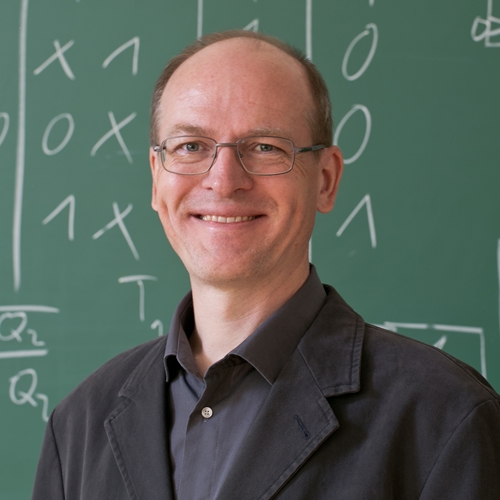
Since April 2022, Prof. Dr.-Ing. Erik Buchmann has held the chair for Data Privacy and Security at Leipzig University.
“I strive to teach a very broad range of technical knowledge, that can be used to assess and to solve data privacy and data security problems in cloud architectures and cloud applications, specifically with regard to machine learning. In particular, i am interested in a vertical approach that addresses data protection and IT security from compliance issues and business processes to architectural questions, algorithms and data management.” – Prof. Dr.-Ing. Erik Buchmann
Chair for Multimodal Machine Learning
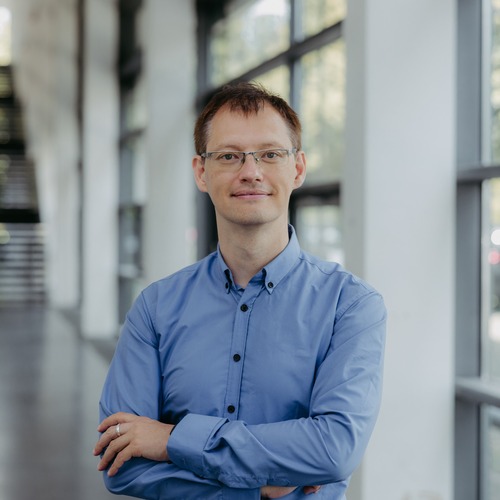
Since May 2025, Prof. Dr. Alexander Binder has held the chair for Multimodal Machine Learning at Leipzig University.
“I strive to contribute insights to readers of my research which might be to some extent unexpected yet relevant. In the past XAI was able to repeatedly discover unexpected effects even in smaller models. If there is a shortcut which humans cannot sense, a deep learning model will discover it. Large DL models contain the potential to replicate all kinds of human behaviour as a consequence of the training paradigm employed and their memory capacity. There is more to be seen.” – Prof. Dr. Alexander Binder

